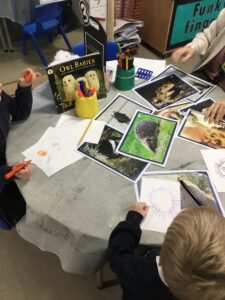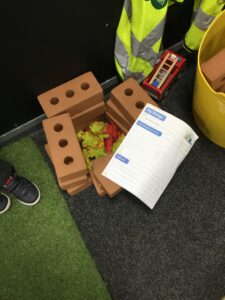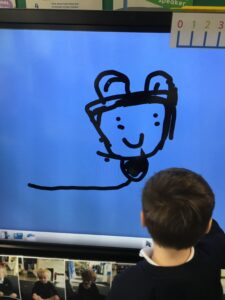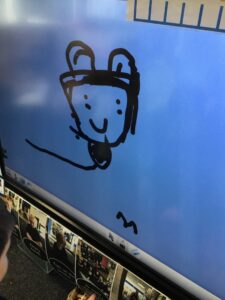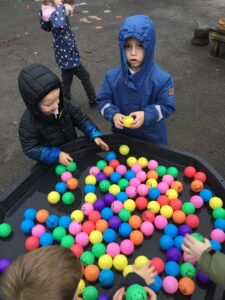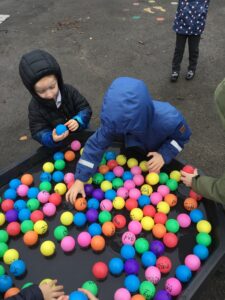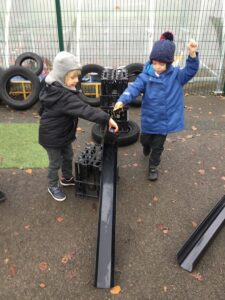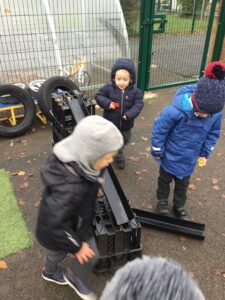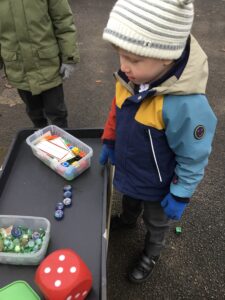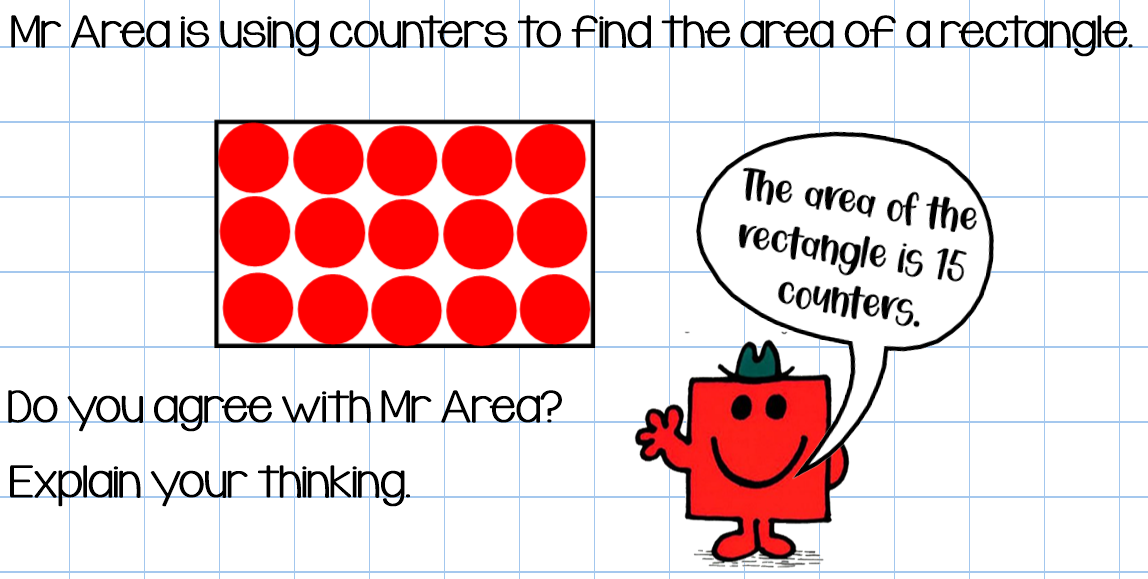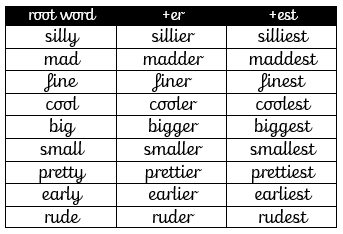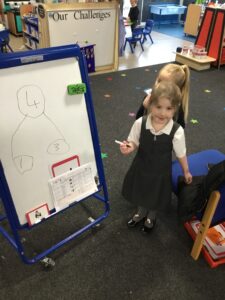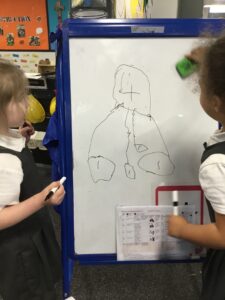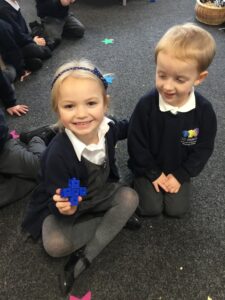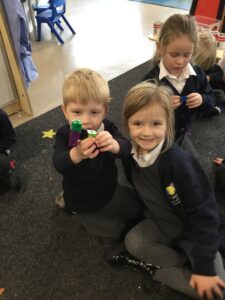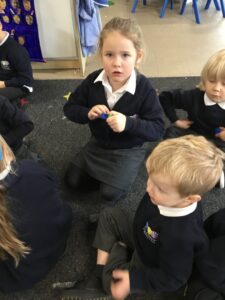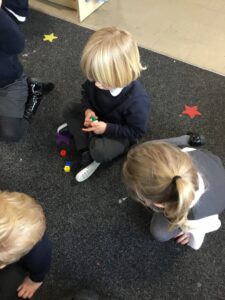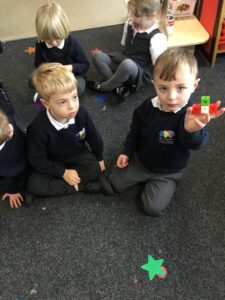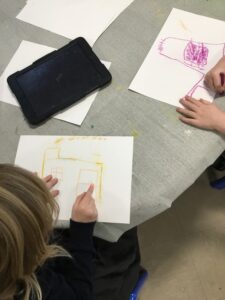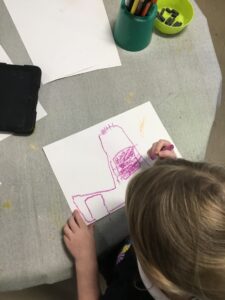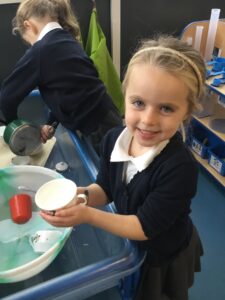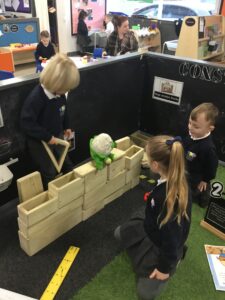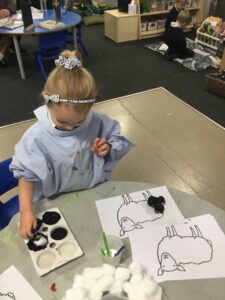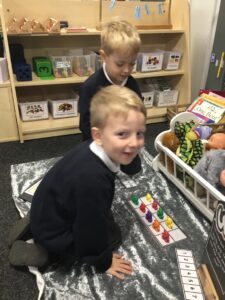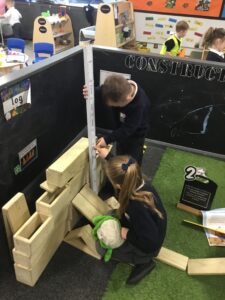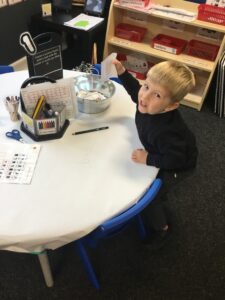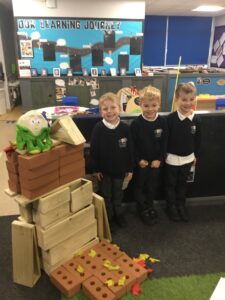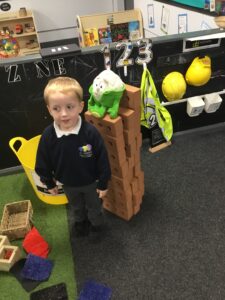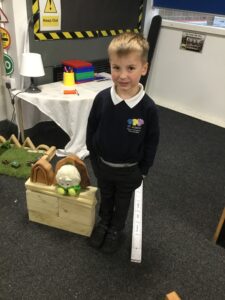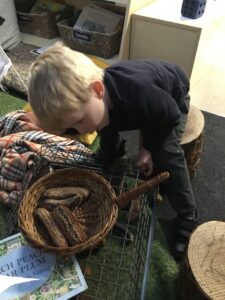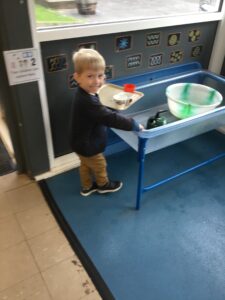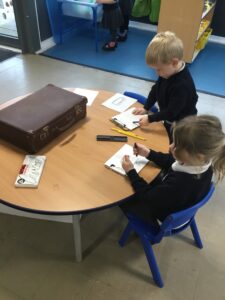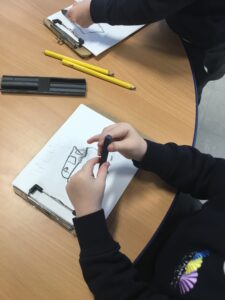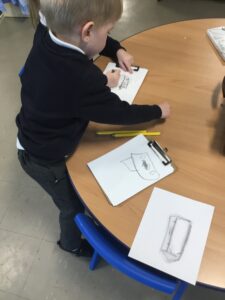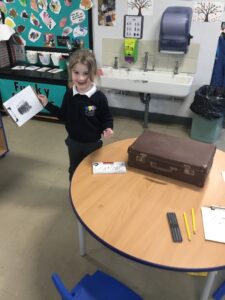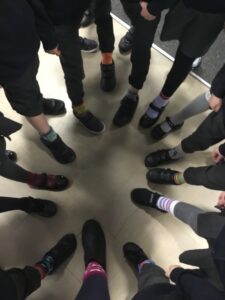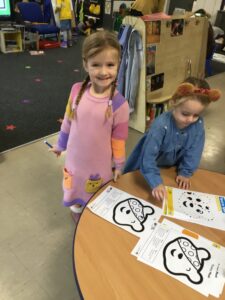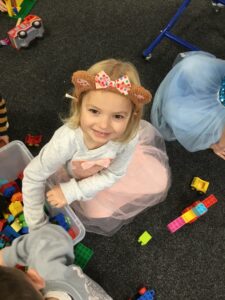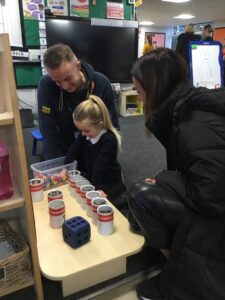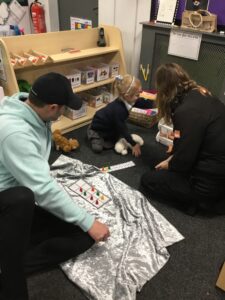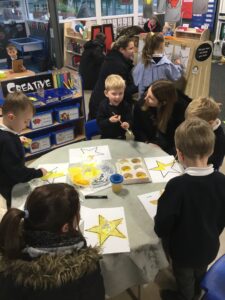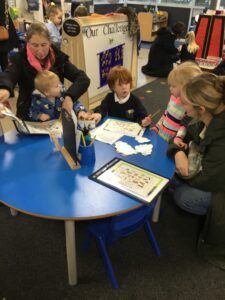This week’s message is in five parts: an important announcement, a celebration, a reminder, a question and an article to support your child at home.
May’s extra bank holiday and training day
This morning, we’ve received an important email that affects the training day we had planned for Friday 12 May and the Key Stage 2 SAT tests:
An additional bank holiday in honour of the Coronation of His Majesty King Charles III will take place on Monday 8 May 2023. As this date had previously been announced as the first day of the 2023 key stage 2 (KS2) test week in England, a change to the KS2 test schedule next year will be necessary.
Ministers have considered the situation carefully and have decided that KS2 tests will take place in the same week with tests following the usual order but each taking place one day later than originally planned.
This means that the tests will now run from Tuesday to Friday, and this has a knock-on effect on Friday’s training day which needs to be re-arranged. We know this may cause some inconvenience – as you can see, the situation is beyond our control.
We’re exploring ways to overcome this problem (such as to move the training day one day later, too, so it would be on Monday 15 May). We’ll confirm details as soon as we can.
Times tables
In last week’s message, we talked about the Year 4 multiplication tables check.
Yesterday, the government released data about the 2022 check – the one that our current Year 5 pupils took in June.
Nationally, 27% of pupils scored 25 out of 25. At St James’ CE Primary, the figure was 31%.
Better still was the average score in the check. Nationally, the average score was 19.8 out of 25. The average at St James’ was 21.1.
Well done to the Year 5 pupils for such a great achievement, and thank you to adults at home for helping your child to practise their times tables. (Next step is to continue to practise – a little and often – to maintain that rapid recall!)
Top topic
Next Friday from 2.30pm, teachers and children will welcome you to the class to share the great learning they’ve been doing during Topic Time.
This is a drop-in session – come and have a look at your child’s topic learning from 2.30pm.
(Parents of children in Reception should look out for other ways they can join in with their child’s learning journey.)
A question of behaviour…
All schools in England are required to have a Behaviour Policy. We’re currently reviewing our Positive Relationships Policy (that’s the name we use for our Behaviour Policy).
We usually ask about behaviour in our annual survey of parents – this year, 100% of of you who expressed an opinion said you were happy with how we make sure our pupils are well-behaved.
During our review, it’d be great to hear from you. If you’ve any particular views or suggestions, please let us know: stjamesoffice@spherefederation.org
Finally this week, a message from Mr Catherall, one of our English leaders, about effective speaking and listening…
Support your child’s oracy
In Sphere Federation schools, we place a high emphasis on oracy: the ability to communicate and express yourself effectively. It’s about having the vocabulary to be able to say what you want to say and the grammatical awareness to structure your thoughts in a logical way.
Oracy is a crucial life skill:
- it increases engagement in learning
- it improves academic outcomes
- it fosters wellbeing and confidence
- it supports transitions and enhances employability
- it equips students to thrive in later life
- if all children develop good oracy skills, it promotes equality in society
How can you help at home?
- Be an oracy role model: model good speaking and listening skills to your
child, and when they’re in ear-shot.
- Don’t ‘dumb down’ your language: try not to avoid using more complex
vocabulary. Instead, use complicated language but then succinctly explain
what it means.
- Complete the Talk Time homework we provide each week: these are a great opportunity to have a conversation and model good oracy skills.
Have a go this weekend!
